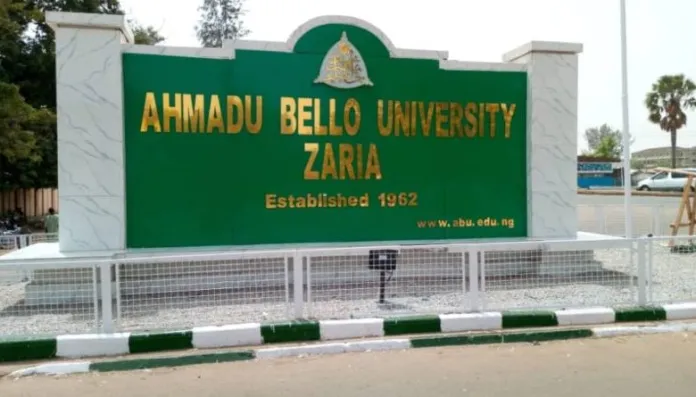Tired, perhaps, of its conservative stagnation in motivating students with what they deserve, Ahmadu Bello University, Zaria, is back to reality by awarding first-class degrees to deserving students. I couldn’t believe my eyes when I read ABU produced over 182 first-class degrees during its 43re Convocation Ceremony held recently on the main campus.Fondly referred to as the largest university in sub-Saharan Africa, the school has joined the race in producing first-class graduates. What happened? What has changed? Who are these students who defied the clutch of ‘heaven’ standards by breaking the stifling bars of the lecturers who indecorously boasted that a First Class Degree is for God, while a Second-Class Upper (2.) is theirs, and a Second-Class Lower (22) grade is for the most hardworking students? Such immodest immolation! In what seems like a compelling shift from its extreme conservative norms, the prestigious ABU Zaria has broken free from the shackles of traditional grading. This transformative move questions the stifling bars set by some lecturers who played god.
While one might argue that grades don’t define brilliance, the significance of grades in our educational system cannot be ignored. Past ABU students suffered due to rigid grading standards, losing out in many job opportunities in the labour market – certainly, not for their fault of theirs but the stifling standard set by the lecturers. Despite comforting phrases like ‘We are naturally ahead,’ the reality was that many ABU graduates fell behind when competing on a broader scale. The universal requirements for success cannot be dismissed.
How can you explain the mystery of the Faculty of Social Sciences of the school producing fewer than 10 first-class graduates in 20 years? What are the measurement standards that over 40,000 students could not scale? Were the students so ineffectual in comprehending thought patterns, or was it just the lecturers’ consistency in maintaining the Marxist status quo?
ABU Zaria’s reluctance to join the widespread practice of awarding first-class grades to deserving students carries multifaceted implications. In an era where global competitiveness hinges on academic excellence, the university risks diminishing its standing on the international stage. The absence of first-class honors may deter top-tier students, who often seek institutions recognized for their commitment to acknowledging and rewarding exceptional academic achievements. This, in turn, may limit the university’s ability to attract and retain high-caliber talent that contributes significantly to the academic and research vibrancy of the institution.
Moreover, the decision not to embrace the trend of awarding first-class grades could have ripple effects on ABU Zaria’s employability statistics and alumni success stories. Many employers use academic performance as a key factor in hiring decisions, and a lack of first-class honors may hinder graduates’ career opportunities. Additionally, the dearth of notable success stories, especially those associated with achieving top academic honors, could impact the overall prestige and recognition of the university. Beyond individual success, the institution’s global ranking, research funding, and collaborations may also be adversely affected, as embracing academic excellence often correlates with increased opportunities for innovation, partnerships, and institutional growth.
I’m glad the mystery is over, as there is a new sheriff in town who, from the display of his body language thus far, is in for a new paradigm. The interest now is not just to produce perpetually 2.1 and 22 graduates but deserving first-class products, as it’s globally prevalent in other universities. Ahmadu Bello University Zaria cannot continue to brandish the sword of colonial standards of measuring students. This is a new era of entrepreneurship where the regurgitation of classroom theories does not apply to the realities of the outside world. As someone opined, ‘Overall, even if the human factor wasn’t a factor for this new reality, the increase in access to information improves performance. Gone are the days when students booked all night in the cyber cafe just to access limited references. Today, students have instant access to literature and can better prepare for greatness.
With Professor Kabiru Bala’s innovative leadership as the Vice-Chancellor, ABU is disconnecting from a deprecating past. In this era of entrepreneurship, regurgitating classroom theories is insufficient for real-world success. The university is embracing a new reality where instant access to information propels students toward greatness. Congratulations to Professor Kabiru Bala for steering Ahmadu Bello University towards a future where an average Abusite becomes a global brand.





